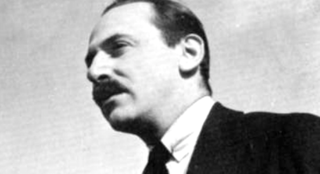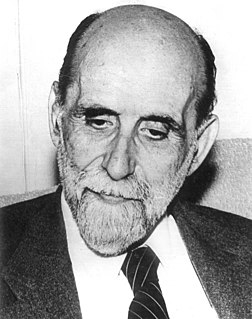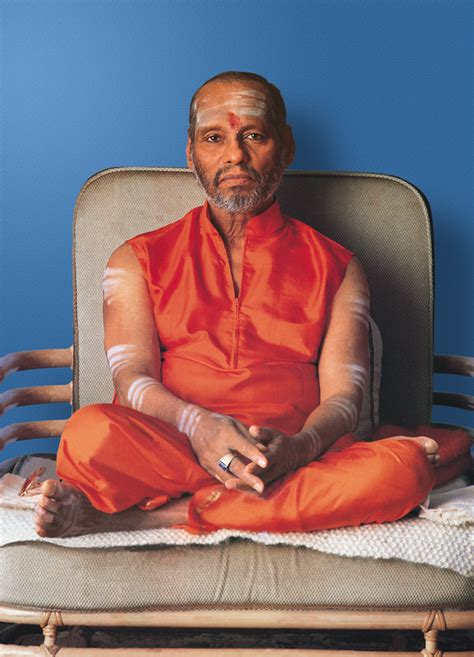A Quote by Gregory Maguire
It's the only condition I know. Bitter Love, Loneliness, contempt for corruption, blind hope. It's where I live. A permanent state of bereavement. This is nothing new.
Related Quotes
A child blind from birth doesn't even know he's blind until someone tells him. Even then he has only the most academic idea of what blindness is; only the formerly sighted have a real grip on the thing. Ben Hanscom had no sense of being lonely because he had never been anything but. If the condition had been new, or more localized, he might have understood, but loneliness both encompassed his life and overreached it.
Solitude is a condition of peace that stands in direct opposition to loneliness. Loneliness is like sitting in an empty room and being aware of the space around you. It is a condition of separateness. Solitude is becoming one with the space around you. It is a condition of union. loneliness is small, solitude is large. loneliness closes in around you; solitude expands toward the infinite. loneliness has its roots in words, in an internal conversation that nodbody answers; solitude has it's roots in the great silence of eternity.
In his extreme youth Stoner had thought of love as an absolute state of being to which, if one were lucky, one might find access; in his maturity he had decided it was the heaven of a false religion, toward which one ought to gaze with an amused disbelief, a gently familiar contempt, and an embarrassed nostalgia. Now in his middle age he began to know that it was neither a state of grace nor an illusion; he saw it as a human act of becoming, a condition that was invented and modified moment by moment and day by day, by the will and the intelligence and the heart.






































